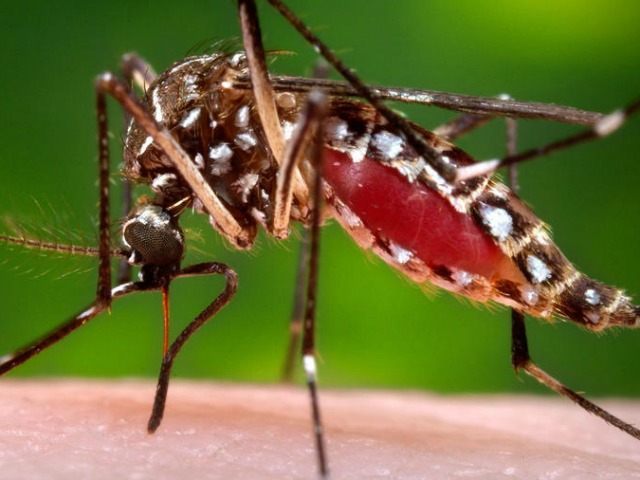Singapore has become the first Asian country to document active local Zika transmission, confirming up to 115 locally acquired cases so far. The tropical island, long an attractive destination for Indian and Chinese tourists, threatens to take the epidemic ravaging Latin America and south Florida global.
Singapore announced its first locally acquired case last week, three months after diagnosing a man who had traveled to Brazil with the virus. Since then, the country has diagnosed 115 people, who appear to have contracted the virus through mosquito bites locally, having not traveled to any other Zika-affected areas, The Wall Street Journal reports.
Zika is spread in most cases through the bite of the aedes aegypti mosquito, which also carries dengue, chikungunya, and yellow fever. Singapore, the Journal adds, was already fighting an outbreak of dengue before the Zika cases began to appear. Health experts had warned that the number of dengue cases could hit 30,000 before 2017.
Singapore’s health minister, Gan Kim Yong, told reporters that the country is approaching the outbreak as if mosquitos throughout the island are carrying the virus, although most cases can be traced back to a small geographic area: “We must work and plan on the basis that there is Zika transmission in other parts of Singapore and extend our vector-control efforts beyond the current affected areas.”
On Wednesday, Singapore also announced that one of the individuals affected by the outbreak is a pregnant woman. While Zika rarely carries symptoms when infecting adults, it can be devastating to the developing neurological system of an unborn child. The virus has been linked to microcephaly, a condition in which a child’s skull is too small for his or her head, crushing the brain and significantly limiting the child’s neural abilities. It has also been linked to arthrogryposis, a condition in which the nerve development in a child’s joints is incomplete, limiting mobility.
Among the more alarming details regarding the Singapore outbreak is that most affected, the Journal reports, are foreign construction workers from neighboring Malaysia, India, and other countries. They could easily return home and carry the virus with them. Singapore’s Straits Times puts the number of foreigners infected with Zika in Singapore at 57 of the 115. Twenty-three of them are from mainland China, while 15 are from India.
Both China and India are major population centers, providing ample opportunity for the spread of Zika should mosquitos there begin to carry Zika. “Zika can be a major risk for India considering the country’s 1.3 billion population and creaky healthcare system. The country is already struggling to bring mosquito-borne diseases like dengue and chikungunya under control,” Quartz notes. As Zika can cause lifetime damage to unborn children, the effects of an outbreak on the nation’s healthcare system could be damaging for decades.
China has begun to take preparations for the inevitable. On Thursday, authorities announced that they will begin screening individuals returning from Singapore for Zika. It remains unclear whether Chinese authorities will do the same for other Zika-affected nations, like the United States.
The Singapore outbreak appears to have already begun to spread, if not yet to China and India. Malaysia recorded its first Zika case on Wednesday, a woman who had traveled to Singapore to visit her daughter, a Zika patient herself. Indonesia, meanwhile, has issued an advisory warning against nonessential travel to Singapore in the hopes of preventing the virus from entering the country.
The current Zika outbreak began early this year in Brazil, spreading to Colombia, Venezuela, and Central America during the Southern Hemisphere’s summer. As temperatures cooled in South America, they warmed in the United States, and the virus migrated north. Now the new Zika infection center is Florida – particularly Miami, where locally transmitted cases have been documented in Miami Beach and northern Wynwood.

COMMENTS
Please let us know if you're having issues with commenting.